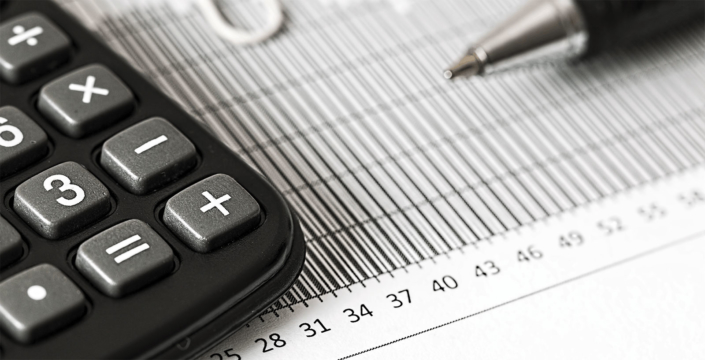Blog | All Posts | All Topics
Is Accounts Payable an Asset, Liability, or Equity?
Your accounting department is responsible for making sure your books are balanced. But they also need to keep the pink slips from rolling in. That means paying your bills on time, and this is where accounts payable comes in.
First things first: Is accounts payable an asset, liability, or equity? Accounts payable refers to the short-term liabilities that your organisation is responsible for. If you hire someone to paint your office walls, their invoice would fall into this category.
Late payments may result in damaged relationships, penalties and fees, and credit problems. Your accounts payable team is crucial. If your business starts to get overwhelmed by complex finances, hiring a virtual bookkeeping pro will pay off every time.
Let’s talk more about assets, liabilities, and all things accounts payable.
What is accounts payable?
Accounts payable refers to items that are ready to be paid out by your company. Any time your company pays a vendor, contract worker, or another short-term debt, it falls into this category. These debts are settled once you cut a cheque, unlike long-term liabilities, which are paid in many installments (and often with interest).
Documents processed by your accounts payable team include:
- Purchase orders for office supplies or maintenance services
- Expense reports submitted by employees
- Invoices from contract workers who are not on payroll
- Bills for utilities, rent, and other routine expenses
- Short-term loan financing payments
One notable short-term liability that may not always be considered accounts payable is your payroll. This often falls under its own financing scheme and is not processed as an accounts payable debt.
What are assets and liabilities?
What is the difference between an asset and a liability? Understanding these fundamental terms is essential to creating a balance sheet and other accounting reports. Assets and liabilities are often calculated along with the company’s equity. Your equity includes the investments and ownership of all stakeholders. Your company’s assets are equal to equity less liabilities.
What are Assets?
In short, assets are things that can bring your business future financial benefit. This can include actual cash or property that can be sold later for a financial return. Assets are included as a positive number on a balance sheet or general ledger.
Some examples of common company assets include:
- Cash your organisation has in your bank accounts
- Any property that you own
- Valuable equipment, including vehicles and appliances
- Stocks that you own
- Accounts receivable funds owed to you by others
- Intellectual property, including patents and copyrights
What are Liabilities?
A liability account is one in which you are the debtor. This can include short-term (sometimes called current) debts and long-term (sometimes called non-current) debts. In other words, your financial obligations fall under accounts payable. While your non-current liabilities are also important, they would not usually be tracked under your accounts payable numbers until they are nearing payoff.
Common business liabilities include:
- Loans used to fund company operations
- Outstanding business taxes
- Rent, lease, or mortgage payments
- Shareholder loans
- Invoices and purchase orders from outside vendors
Where does accounts payable go on a balance sheet?
Accounts payable go on the liabilities side of a balance sheet. A company will often have an itemised line for “current accounts payable,” which refers to the short-term debts that are ready to be paid off in the near future.
Your company’s balance sheet tracks both assets and liabilities. More specifically, this document takes note of a company’s assets, liabilities, and equity at a specific moment in time. You might procure this document monthly or quarterly. It helps you understand the financial health and liquidity of your business.
Who tracks accounts payable?
Your bookkeeping or accounting team is responsible for accounts payable processing and reporting. For larger ticket items, you may want someone in management to sign off on the expenditure before a payment is made.
Your accounts payable are typically handled by your accountant. In your early days as a company, the executives may cut cheques themselves to satisfy debts. As you grow, you will need assistance to keep up with the complexity of your ongoing liabilities.
Enlisting help with accounts payable
Are you at a point where you need help with short-term liability payments? A virtual team may be just the solution you need. You can outsource the payroll process with Visory, and we can also handle other accounting responsibilities. From accounts payable to all asset, liability, or equity bookkeeping, a professional team of bookkeepers can keep your numbers crunched correctly.







